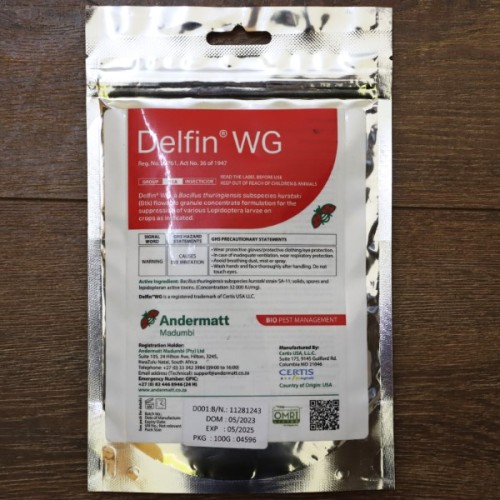Diamond Back Moth
Plutella xylostella
The Diamondback moth is a persistent and destructive pest of cruciferous vegetables such as cabbage, kale, broccoli and cauliflower. Adult moths are small and brown with distinctive diamond-shaped markings on their wings. Their larvae are green, wriggling caterpillars that cause the real damage. Feeding on leaf surfaces, they create small holes and “windowpanes”, later boring into buds and stems. Their short life cycle and high reproductive rate make them formidable adversaries in both field and home gardens.
Once established, Diamondback moth populations can spiral rapidly out of control. Reactive measures often prove ineffective due to their resistance to many chemical pesticides. For home growers, this results in crop damage, frustration and lost time. Prevention is far more efficient and cost-effective. It allows gardeners to manage pest pressure before it escalates, reducing the need for curative sprays and helping maintain the ecological balance of the garden.
Successful control begins with early monitoring and a layered response. Yellow sticky traps and pheromone lures provide early detection of adult moths. Releasing beneficial insects like predatory wasps, or applying microbial sprays, can suppress larvae before they cause serious damage. The best approach for prevention combines pheromone-based monitoring tools with targeted bacterial treatments at the first sign of moth activity.
-
Traps/Monitoring
-
Diamondback Moth Pheromone Lure: A pheromone lure targeting male moths for early detection. Use in a delta or funnel trap to monitor adult moth presence and trigger timely intervention.
-
-
Biologicals (Andermatt)
-
Delfin WG: A water-dispersible granule containing Bacillus thuringiensis. It selectively targets caterpillar pests including Diamondback moth. Ideal for integrated pest management and approved for organic growing. Apply preventatively at 0.5–1 g per 10 L or curatively at 20–40 g per 10 L. Safe for beneficial insects and pollinators.
-
Andermatt - Delfin WG (Ecobuzz Larvae Pro)
Delfin WG previously known as Larvae Pro is a Bacillus thuringeinsis bacteria of a specific strain t..
R225.63
Delta Trap : Trap Only
These cost-effective, readily assembled traps are easy to use enabling fast implementation for a q..
R167.49
Funnel Trap : Trap Only
This is the most advanced Bucket Funnel Trap® in the global market. Lures available separatelyWork..
R182.31



